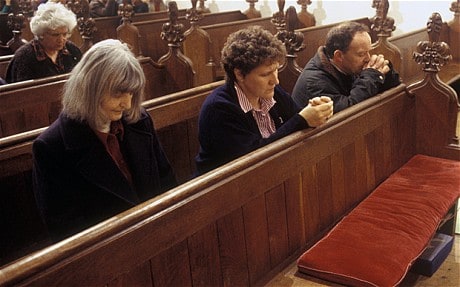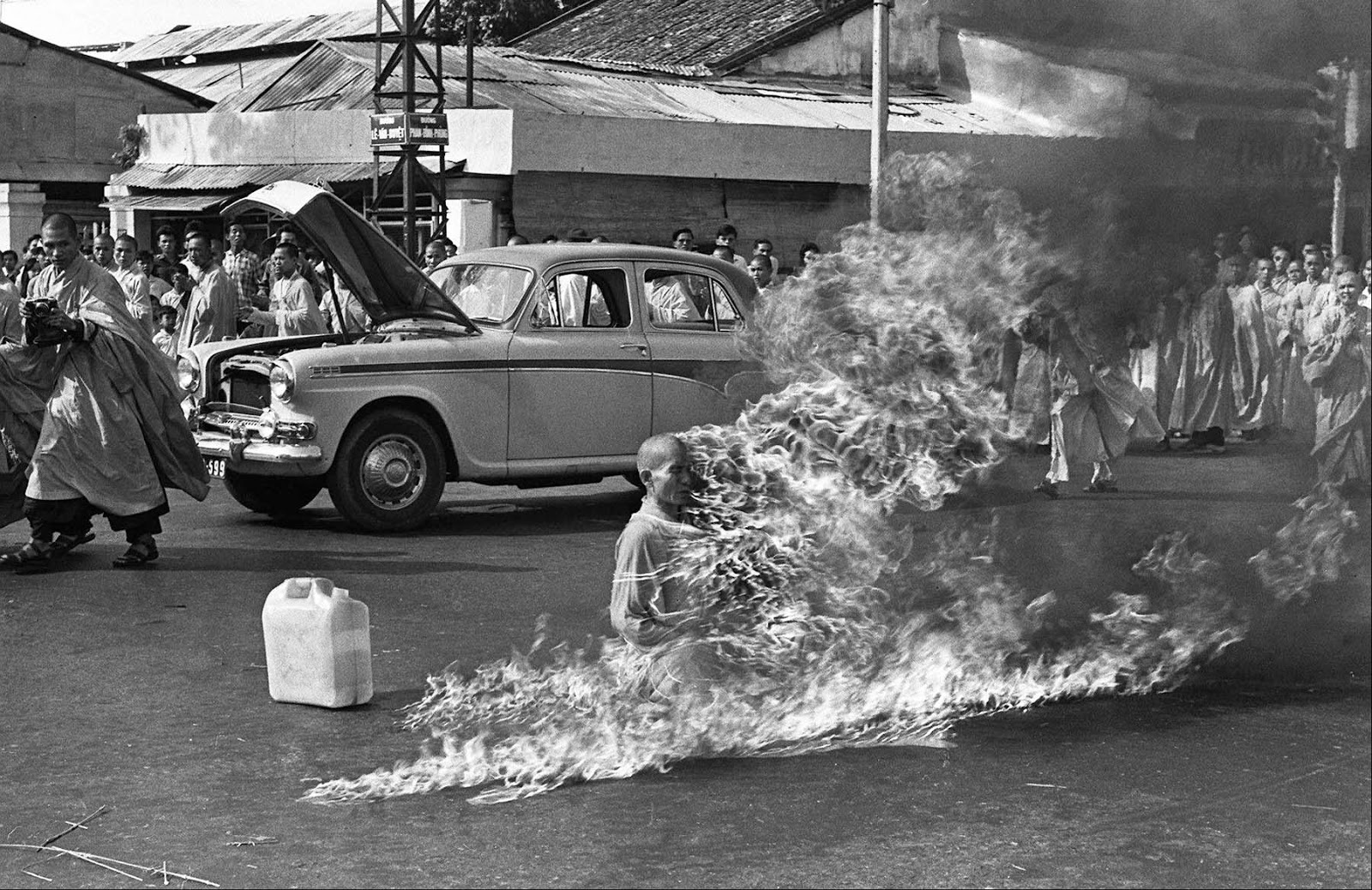Wilson Wilson
Bluelighter
- Joined
- Aug 6, 2014
- Messages
- 3,750
Probably because you think your problems are inescapable and that, in truth, your problems are only temporal -- not eternal.
Depends on the reason one wants to commit suicide no? What if someone has a terminal illness that cannot be cured and gets worse every day? Christians would still tell you it's unethical to commit suicide even in that scenario.
“Disregarding the demands made by religion one might well ask: why should it be more laudable for an old man who senses the decline of his powers to await his slow exhaustion and dissolution than in full consciousness to set himself a limit? Suicide is in this case a wholly natural and obvious action, which as a victory for reason ought fairly to awaken reverence: and did awaken it in those ages when the heads of Greek philosophy and the most upright Roman patriots were accustomed to die by suicide. On the other hand, the desire to carry on existing from day to day, anxiously consulting physicians and observing scrupulous rules of conduct, without the strength to get any closer to the actual goal of one's life, is much less respectworthy.”
-Friedrich Nietzsche


